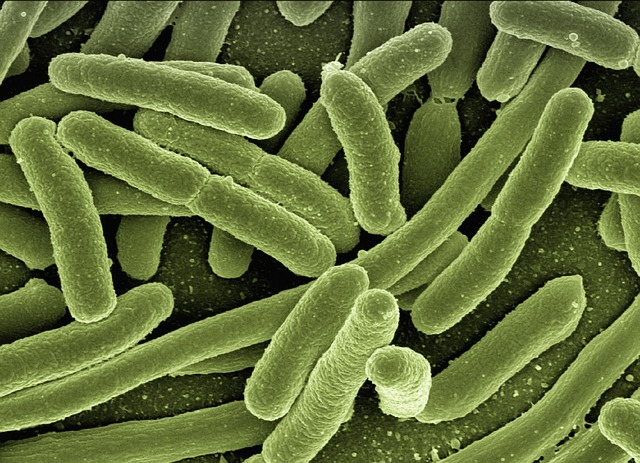When it comes to elevating your exercise routine, following a structured sports nutrition protocol can make a dramatic difference. A healthy lifestyle isn’t just about those grueling workouts or hitting the gym consistently; it’s also about what you put into your body that fuels your performance and recovery. For exercise enthusiasts, adopting a nutrition plan that complements their training can lead to enhanced energy levels, improved endurance, and faster recovery times.
The foundation of any sports nutrition protocol lies in understanding the macronutrients: carbohydrates, proteins, and fats. Each plays a crucial role in your diet. Carbohydrates serve as the primary source of energy, so loading up on complex carbs like whole grains, fruits, and vegetables before workouts is essential. They provide the stamina needed for intensive training sessions.
Proteins are vital for muscle repair and growth. Including lean sources like chicken, fish, legumes, and low-fat dairy in your meals can significantly aid recovery after workouts. Aim to consume protein within a 30-minute window post-exercise to maximize its benefits.
Meanwhile, healthy fats are not to be overlooked. They are pivotal for hormone regulation and joint health. Incorporate sources like avocados, nuts, and olive oil into your meals for optimal performance. Keep in mind that hydration is equally important. Staying well-hydrated helps maintain performance levels and can prevent fatigue.
Meal timing is crucial when following a sports nutrition protocol. Planning your meals ahead of time can ensure that you are fueling your body at the right moments. Ideally, you should eat a balanced meal two to three hours prior to exercise, rich in carbohydrates and moderate in protein. After your workout, a meal or snack that includes both protein and carbohydrates will help replenish your energy stores and promote muscle recovery.
If you find it challenging to meet your nutritional needs, consider incorporating healthy snacks into your routine. Options like Greek yogurt with berries, nut butter on whole-grain toast, or smoothie bowls packed with greens can serve as excellent fuel for your workouts. These not only taste great but can also keep your energy levels steady throughout the day.
Remember, every individual’s body responds differently to various diets and nutritional strategies. It can be beneficial to consult with a sports nutritionist who can tailor a sports nutrition protocol specifically for you, factoring in your individual needs, goals, and lifestyle.
Ultimately, the journey towards a healthier lifestyle is an ongoing process that requires adjustments and fine-tuning over time. By continually evaluating your meals, hydration, and overall nutrition strategy, you’ll be better equipped to reach your fitness goals and enjoy the numerous benefits of a well-rounded sports nutrition protocol.




